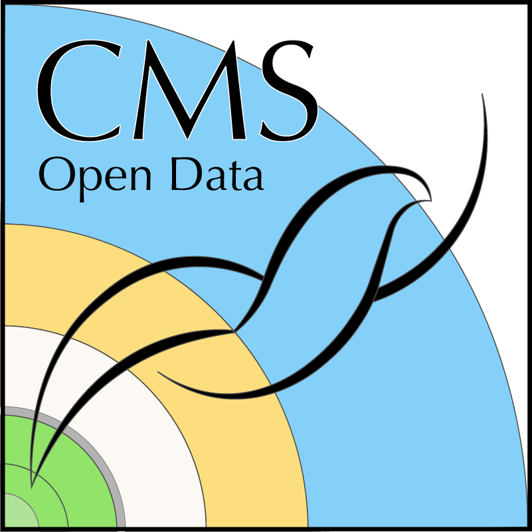Machine Learning with Open Data
Last updated on 2024-07-14 | Edit this page
Overview
Questions
- How can machine learning be applied to particle physics data?
- What are the steps involved in preparing data for machine learning analysis?
- How do we train and evaluate a machine learning model in this context?
Objectives
- Learn the basics of machine learning and its applications in particle physics.
- Understand the process of preparing data for machine learning.
- Gain practical experience in training and evaluating a machine learning model.
Machine Learning in HEP
This lesson guides participants through applying machine learning techniques to CMS Open Data. It’s designed for those with some programming experience and an interest in machine learning.
Overview
The Machine Learning in High-Energy Physics (HEP) lesson provides participants with an introduction to the exciting intersection of machine learning and particle physics. By leveraging CMS Open Data, participants will learn how to apply machine learning algorithms to real-world data, enhancing their analytical skills and understanding of both fields.
Introduction to Machine Learning in Particle Physics
Participants will be introduced to the fundamentals of machine learning and how these techniques can be used to analyze particle physics data. Topics include supervised and unsupervised learning, classification, and regression.
Data Preparation
A crucial step in any machine learning project is data preparation. Participants will learn how to clean and preprocess CMS Open Data to make it suitable for machine learning algorithms. This includes handling missing values, normalizing data, and creating training and test datasets.
Model Training and Evaluation
Participants will gain hands-on experience in training and evaluating machine learning models. This includes selecting appropriate algorithms, tuning hyperparameters, and assessing model performance using metrics such as accuracy, precision, recall, and F1 score.
